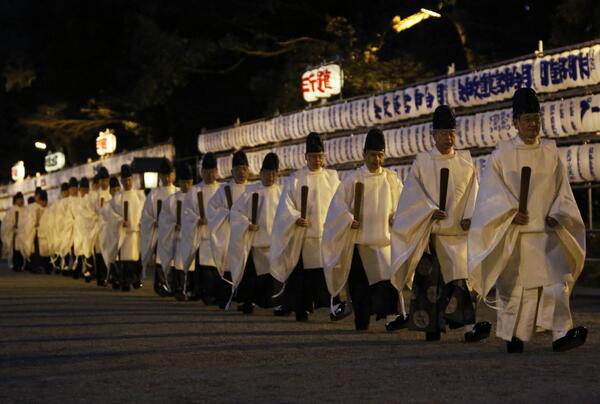Jonathan said this in his New Year message to the nation made available by his Special Adviser on Media and Publicity, Dr. Reuben Abati.
He added that the Federal Government would fight corruption more in 2014.
He said, “Our administration believes that the cost of governance in the country is still too high and must be further reduced. We will also take additional steps to stem the tide of corruption and leakages.
“We have worked hard to curb fraud in the administration of the pension system and the implementation of the petroleum subsidy scheme. We have introduced a Pensions Transition Arrangement Department under a new Director-General. This department will now ensure that those of our pensioners still under the old scheme receive their pensions and gratuities, and are not subjected to fraud.
“Prosecution of all those involved in robbing our retired people will continue. The Petroleum Subsidy Scheme is also now being operated under new strict guidelines to tackle previous leakages in the scheme and prevent fraud.
“Foreign travel by government personnel will be further curtailed. This directive shall apply to all Ministries, Departments and Agencies of the Federal Government. Our strategy to curb leakages will increasingly rely on introducing the right technologies such as biometrics and digitising government payments.”
He added, “Whatever challenges we may have faced, whatever storms we may have confronted and survived, Nigeria remains a truly blessed country, a country of gifted men and women who continue to distinguish themselves in all spheres of life, a country whose diversity remains a source of strength,” he said.
The President observed that 2014 would be a momentous one for the country for several reasons, including the fact that the nation would celebrate its 100 years of existence in the New Year.
He recalled that the British colonial authorities amalgamated the separate Protectorates of Southern Nigeria and Northern Nigeria on January 1, 1914 to give birth to Nigeria.
“Year 2014, to Nigerians, is not just the beginning of a new year, but the end of a century of national existence and the beginning of another,” he said.
This, he said, was a moment for sober reflection and for pride in all that was great about Nigeria.
While reiterating his position that the nation’s amalgamation was not a mistake, the President said as they celebrate the 100 years of its nationhood, Nigerians must resolve to continue to work together as one united people.
He assured Nigerians that his administration remained committed to the development of the country and the consolidation of peace, unity and democratic governance.
He added that despite several domestic and global challenges in 2013, Nigeria witnessed many positive developments which his administration would strive to build upon in 2014.
The President admitted that the cost of governance in the country was still too high and must be further reduced.
He also promised to take additional steps to stem the tide of corruption and leakages.
Jonathan added that foreign travel by government personnel would be further curtailed and that the directive would apply to all ministries, departments and agencies of the Federal Government.
The President also reeled out statistics on the strides he said his administration achieved in the agriculture, health, education, water and housing sectors among others and promised to do more in the New Year.









